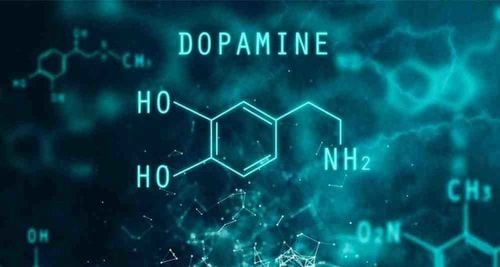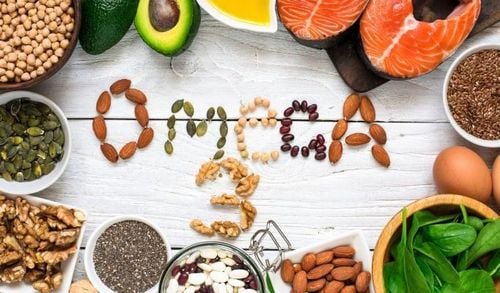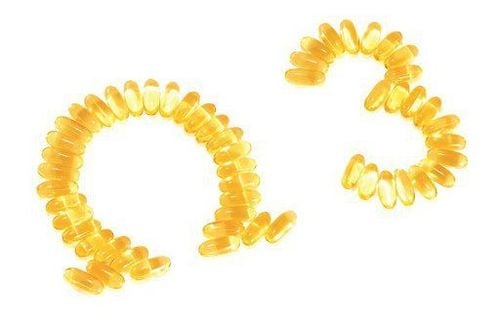Dopamine is an essential brain chemical that promotes feelings of excitement, stimulation, positive thinking, and activity. Therefore, using supplements to boost dopamine could prove beneficial for your mental health.
1. Probiotics
Probiotics are microorganisms that inhabit the digestive tract, promoting gut balance. Beyond gut health, they may prevent or treat emotional disorders by enhancing dopamine production, which positively affects mood.
A study involving people with irritable bowel syndrome (IBS) found that those taking probiotics experienced reduced depressive symptoms compared to those on a placebo.
As such, you should replenish probiotics through yogurt, kefir, and other fermented foods.
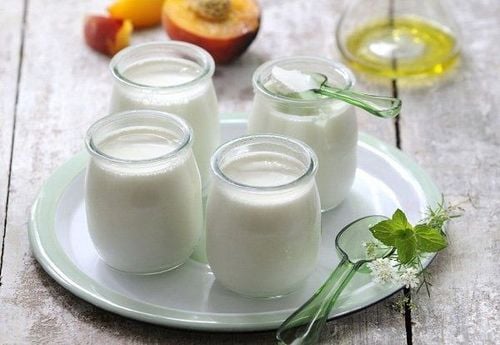
2. Velvet Bean (Mucuna Pruriens)
Velvet bean is a tropical legume native to Africa, India, and South China. It is processed into powder and sold as a dopamine-boosting supplement.
Its active ingredient, levodopa (L-dopa), is a precursor for dopamine production. Velvet bean is particularly beneficial for those with Parkinson’s disease and neurological disorders, with effects comparable to some Parkinson’s medications.
Furthermore, studies also show its benefits in non-Parkinson’s patients. For instance, a study demonstrated that 5 grams of velvet bean powder taken over three months increased dopamine levels in infertile men. Other research indicated its mood-enhancing and antidepressant effects in mice by boosting dopamine production.
3. Ginkgo biloba
Ginkgo biloba, a tree native to China, has been used for centuries to treat various conditions, including mood enhancement and brain function improvement.
Studies on animals suggest Ginkgo biloba may increase dopamine levels, improving cognitive function, memory, and motivation. Laboratory research also shows that it boosts dopamine release by reducing oxidative stress. Primary studies on animals show positive results. However, further research is needed to confirm its effects on human dopamine levels.

4. Curcumin
Curcumin, the active compound in turmeric, is available as capsules, teas, extracts, and powders. It has antidepressant properties by promoting dopamine release.
Research shows that taking 1 gram of curcumin may improve mood similarly to Prozac in individuals with major depressive disorder (MDD). Animal studies also suggest curcumin increases dopamine levels.
More research is required to understand its effects on human dopamine levels and its role in mood regulation
5. Oregano Oil
Oregano oil contains carvacrol, an antioxidant and antibacterial compound.
Animal studies indicate carvacrol boosts dopamine production, providing antidepressant effects. Other research on mice found that oregano oil extract prevents dopamine decline and encourages positive behaviors.
Ongoing human studies aim to confirm these findings.
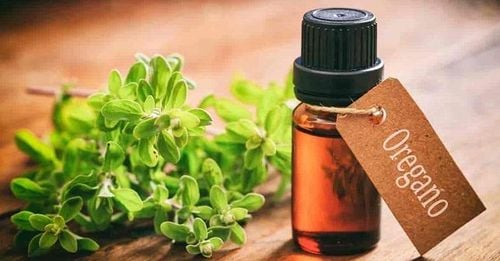
6. Magnesium
Magnesium is vital for maintaining physical and mental wellbeing.
Deficiency in magnesium has been linked to decreased dopamine production and an increased risk of depression.
Research on animals shows that magnesium supplementation boosts dopamine levels and induces antidepressant effects.
While studies on humans are limited, consuming magnesium supplements can ensure basic nutritional needs are met.
7. Green tea
Green tea is rich in antioxidants and nutrients. It contains L-theanine, an amino acid that enhances neurotransmitter activity, including dopamine.
Numerous studies indicate L-theanine increases dopamine production, offering antidepressant effects and cognitive benefits. Drinking green tea or consuming it in supplement form can boost dopamine levels and reduce depression risks.

8. Vitamin D
Vitamin D plays various roles in the body, including regulating different neurotransmitter levels like dopamine.
Research shows a reduction in dopamine level in mice which lack Vitamin D while there is an elevated dopamine level in mice which are supplemented with Vitamin D3. However the number of researches are limited, hence it is difficult to confirm that the supplementation of Vitamin D induces elevation of dopamine.
Preliminary animal studies show dopamine levels decrease with vitamin D deficiency and increase with vitamin D supplementation. However, more research is necessary to confirm the link between vitamin D and dopamine production in humans.
9. Fish Oil
Fish oil supplements contain omega-3 fatty acids, primarily EPA and DHA, which have antidepressant properties and improve mental well-being when used regularly.
Studies on animals demonstrate that a diet rich in fish oil increases dopamine levels in the prefrontal cortex by 40% and enhances dopamine receptor binding.
Further human studies are needed to establish these benefits conclusively.
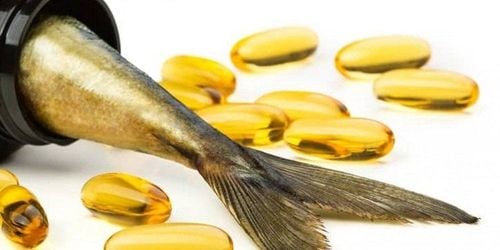
10. Caffeine
Caffeine improves cognitive performance by stimulating the release of neurotransmitters like dopamine.
While caffeine increases dopamine levels, regular consumption may lead to tolerance, requiring higher amounts to achieve the same effects.
11. Ginseng
Ginseng has been used in traditional Chinese medicine since ancient times. Its root can be consumed raw, steamed, or in other forms such as tea, capsules, or tablets.
Studies have shown that ginseng can enhance brain functions, including mood, behavior, and memory. Numerous animal and laboratory studies suggest that these benefits may be attributed to ginseng's ability to increase dopamine levels.
Certain components in ginseng, such as ginsenosides, are responsible for boosting dopamine in the brain and providing mental health benefits, including improvements in cognitive function and attention.
A study on the effects of Korean red ginseng on attention deficit hyperactivity disorder (ADHD) in children found that low dopamine levels are associated with ADHD symptoms. The children in the study received 2,000 mg of Korean red ginseng daily for eight weeks. At the end of the study, results indicated that ginseng improved attention in children with ADHD.
However, further research is needed to draw definitive conclusions about the extent to which ginseng can enhance dopamine production and brain function in humans.
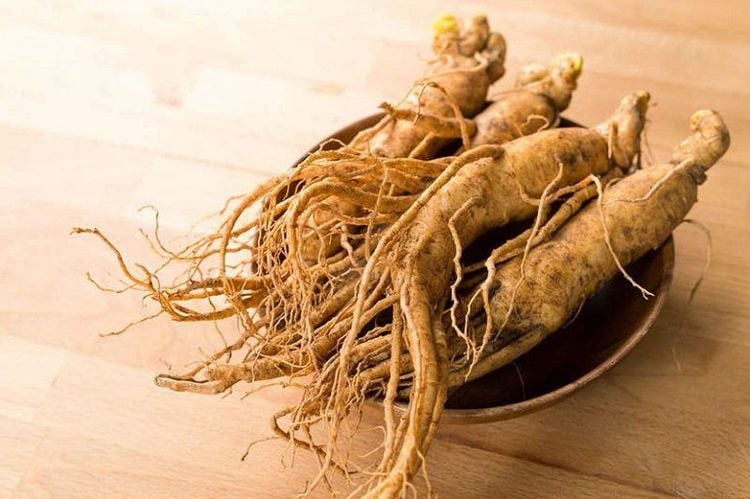
12. Berberine
Berberine, derived from certain plants, has been used in traditional Chinese medicine for years and is now popular as a natural dopamine booster.
Animal studies indicate berberine increases dopamine levels and may help combat depression and anxiety. However, human studies are needed for conclusive confirmation.
13. Side Effects of Supplements
Consult your doctor before using any of these supplements, especially if you have pre-existing medical conditions or are currently taking other medications.
Side effects are generally mild and rarely occur. Dosages are printed on the package. Always follow dosage instructions on product labels and seek medical advice for safe usage.
Side effects are generally mild and may include gastrointestinal issues like diarrhea, nausea, or stomach pain. Other reported side effects include headaches, dizziness, and palpitations, particularly with ginkgo biloba, ginseng, and caffeine.
To arrange an appointment, please call … or make your reservation directly HERE. You may also download the MyVinmec app to schedule appointments faster and manage your reservations more conveniently.




